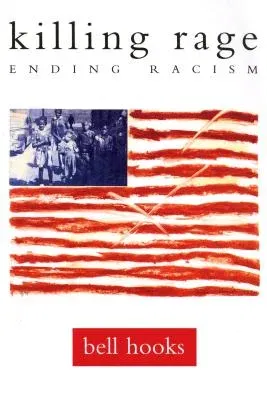One of our country's premier cultural and social critics, the author of
such powerful and influential books as Ain't I a Woman and Black Looks,
Bell Hooks has always maintained that eradicating racism and eradicating
sexism must be achieved hand in hand. But whereas many women have been
recognized for their writing on gender politics, the female voice has
been all but locked out of the public discourse on race. Killing Rage
speaks to this imbalance. These twenty-three essays, most of them new
works, are written from a black and feminist perspective, and they
tackle the bitter difficulties of racism by envisioning a world without
it. Hooks defiantly creates positive plans for the future rather than
dwell in theories of a crisis beyond repair. The essays here address a
spectrum of topics to do with race and racism in the United States:
psychological trauma among African Americans; friendship between black
women and white women; anti-Semitism and racism; internalized racism in
the movies and media. Hooks presents a challenge to the patriarchal
family model, explaining how it perpetuates sexism and oppression in
black life. She calls out the tendency of much of mainstream America to
conflate "black rage" with murderous, pathological impulses, rather than
seeing it as a positive state of being. And in the title essay she
writes about the "killing rage" - the fierce anger of black people stung
by repeated instances of everyday racism - finding in that rage a
healing source of love and strength, and a catalyst for productive
change. Her analysis is rigorous and her language unsparingly critical,
but Hooks writes with a common touch that has made her a favorite of
readers far from universities.Bell Hooks's work contains multitudes; she
is a feminist who includes and celebrates men, a critic of racism who is
not separatist or Afrocentric, an academic who cares about popular
culture.

